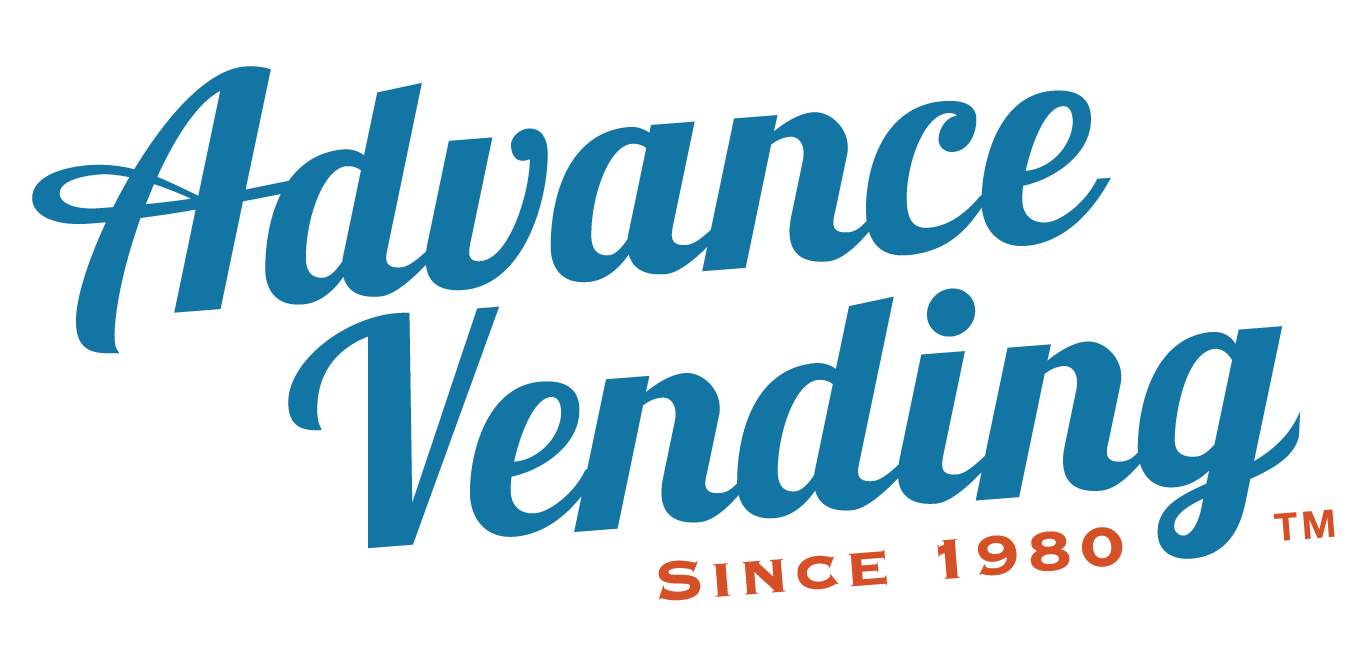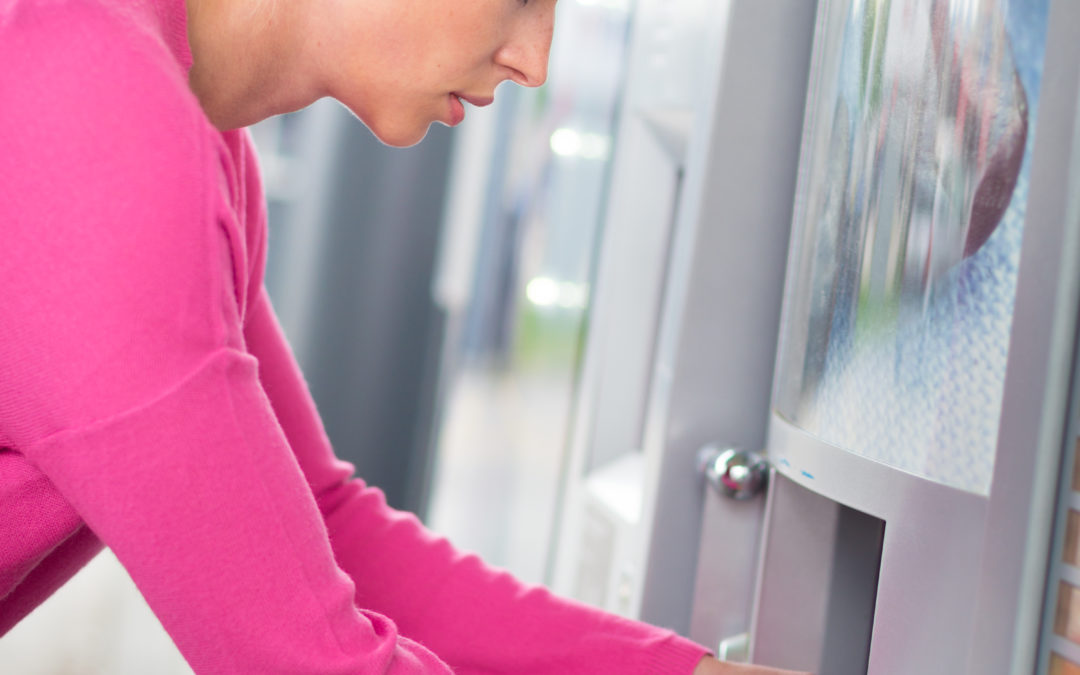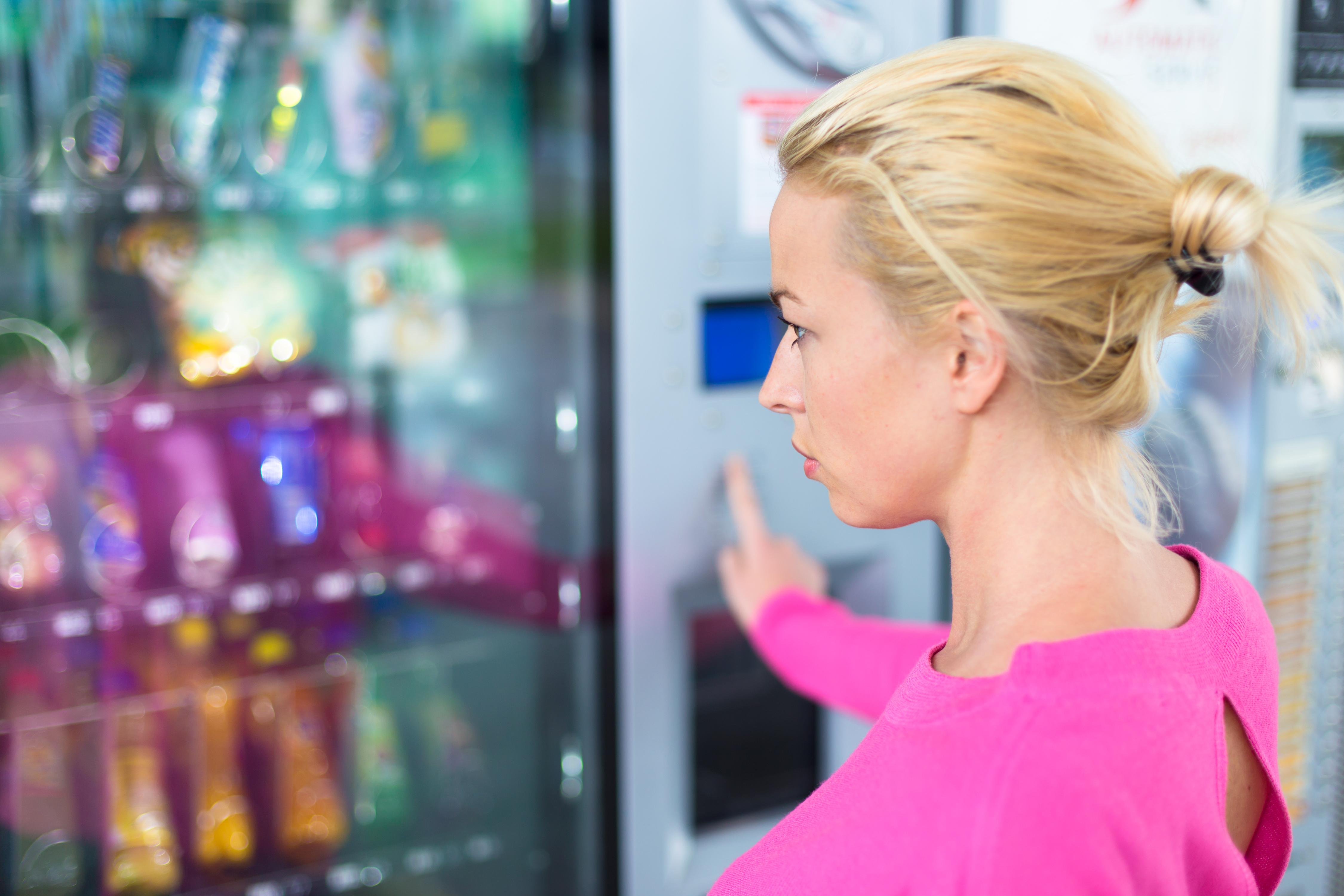The Automatic Vending Association, AVA, is caution that any levy or tax on merchandising cups as a part of the advent of a unmarried use plastic tax can have a serious unfavorable have an effect on in this a success business.
The UK’s merchandising running sector by myself employs round 24,500 other people. Even extra individuals are hired by means of producers, vendors and wholesalers concerned with the availability of kit, elements, carrier and give a boost to to the business. Worth round £1.46bn in line with annum, the merchandising business is a vital contributor to the United Kingdom economic system.
The sizzling beverages merchandising trade is not like every other sizzling beverages retail outlet in its operational and fiscal construction. Only 12% of UK merchandising machines are fitted with debit or bank card readers. Instead, virtually all machines paintings with coin mechanisms and none of those settle for copper coinage. Thus the minimal stage of some extent of acquire levy on merchandising cups (paper or plastic) could be 5p. As the common retail value of a merchandising cup of espresso in the United Kingdom is most effective 27p, this implies the minimal value building up to the patron could be virtually 20%.
Furthermore, 49% of vended sizzling drinks are supplied without cost, many from machines with out a coin mechanism. It could be extraordinarily tricky, if now not unattainable, to impose a shopper level of acquire tax or levy in the ones instances.
These components make companies throughout the merchandising business in particular susceptible to the imposition of any tax on unmarried use plastics.
The distinctive construction of the recent beverages merchandising sector does, then again, have the possible to advertise the broader assortment and recycling of unmarried use cups. 85% of cups served thru merchandising machines are in ‘closed’ place of business websites – basically trade and business. They due to this fact constitute the best state of affairs for organising and selling segregated post-consumer waste streams.
The merchandising business is a long-term supporter of recycling and its cups had been accumulated for recycling thru schemes comparable to Save-a-Cup since 1992. The business continues to give a boost to recycling of each paper and plastic cups – either one of which might be completely recyclable, despite well-publicised claims on the contrary.
“The AVA has worked with the Paper Cup Recovery and Recycling Group, The Paper Cup Alliance and cup manufacturers to ensure there is now sufficient recycling resource at UK-based paper mills to process every paper cup used in the UK market,” confirms Adrian Pratt, Chair of the AVA Environment Group.
“More companies are offering segregated waste collection services to deliver used cups to these paper mills. This includes specialist operators as well as most national waste management companies – the likes of Veolia, Biffa, Suez, Grundon and so on – and an increasing number of regional waste companies.”
It may be vital to recognise that even if extremely visual, unmarried use cups are an overly small a part of the United Kingdom’s total packaging waste – paper cups account for most effective 0.7% of overall paper packaging waste and zero.1% of family waste. A cup tax would due to this fact do little to beef up the prevailing waste control infrastructure, or assist to take on the a lot greater downside of plastic packaging waste throughout all sectors of business.
David Llewellyn, Chief Executive of the AVA, says: “Any tax or levy on unmarried use plastic or paper cups would pose an instantaneous financial danger to our business and we might urge the federal government to steer clear of introducing any insurance policies that can have a disproportionate have an effect on on a a success UK business.


